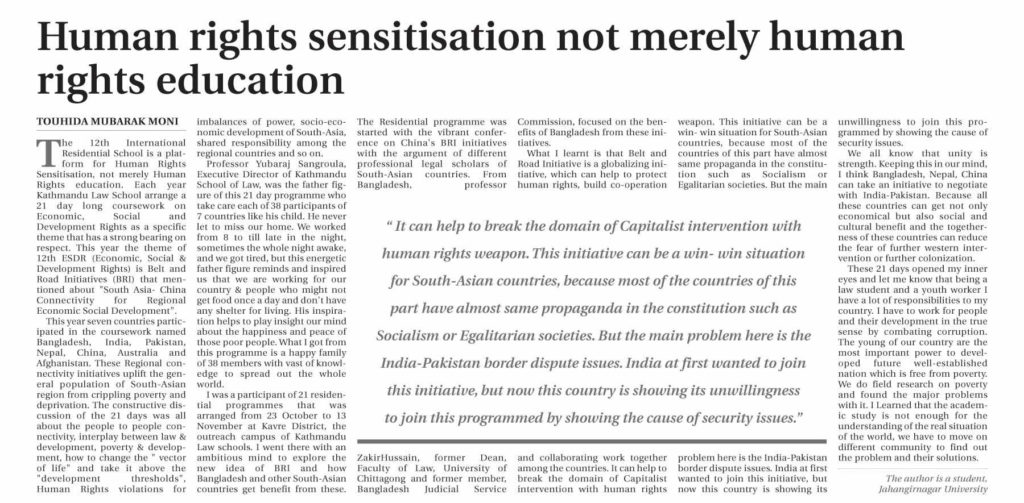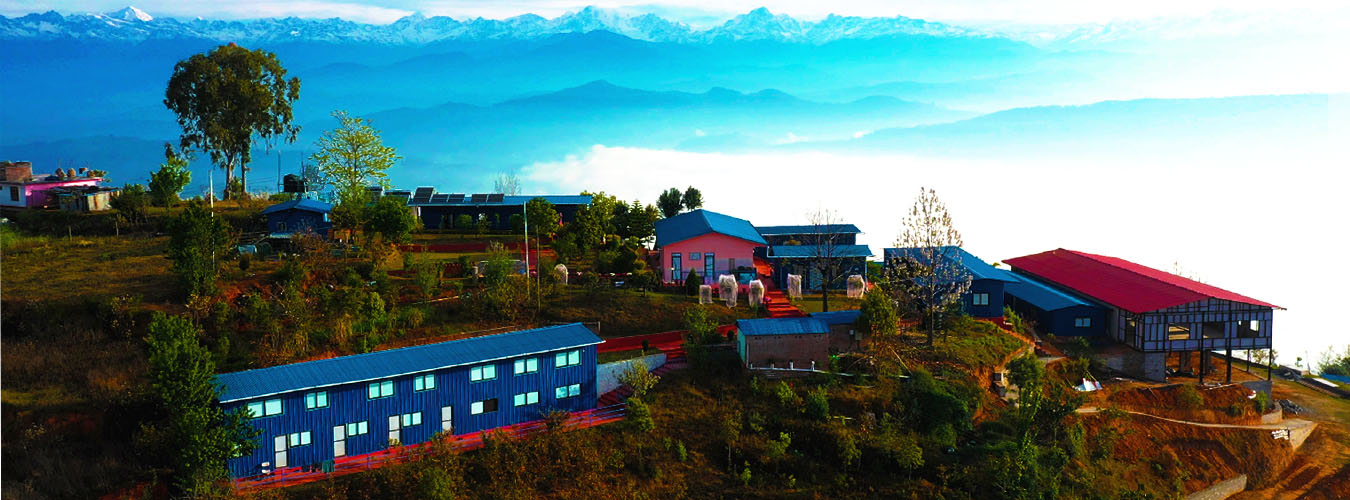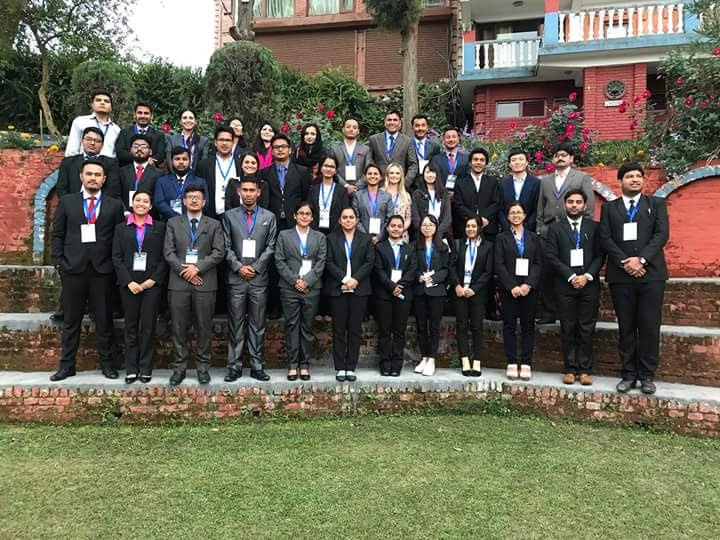The 12th International Residential School is a platform for Human Rights Sensitisation, not merely Human Rights education. Each year Kathmandu Law School arranges a 21 day long coursework on Economic, Social, and Development Rights as a specific theme that has a strong bearing on respect. This year the theme of 12th ESDR (Economic, Social & Development Rights) is Belt and Road Initiatives (BRI) that mentioned about “South Asia- China Connectivity for Regional Economic Social Development”.
12th International Winter Residential School on Economic Social and Development Rights (ESDR)
This year seven countries participated in the coursework named Bangladesh, India, Pakistan, Nepal, China, Australia and Afghanistan. These Regional connectivity initiatives uplift the general population of South-Asian region from crippling poverty and deprivation. The constructive discussion of the 21 days was all about the people to people connectivity, interplay between law & development, poverty & development, how to change the ” vector of life” and take it above the “development thresholds”, Human Rights violations for imbalances of power, socio-economic development of South-Asia, shared responsibility among the regional countries and so on.
“Human Rights violations for imbalances of power, socio-economic development of South-Asia, shared responsibility among the regional countries
Professor Yubaraj Sangroula, Executive Director of Kathmandu School of Law, was the father figure of this 21 day program who take care each of 38 participants of 7 countries like his child. He never let to miss our home. We worked from 8 to till late in the night, sometimes the whole night awake, and we got tired, but this energetic father figure reminds and inspired us that we are working for our country & people who might not get food once a day and don’t have any shelter for living. His inspiration helps to play insight our mind about the happiness and peace of those poor people. What I got from this program is a happy family of 38 members with vast of knowledge to spread out the whole world.
I was a participant of 21 residential programs that was arranged from 23 October to 13 November at Kavre District, the outreach campus of Kathmandu Law schools. I went there with an ambitious mind to explore the new idea of BRI and how Bangladesh and other South-Asian countries get benefit from these. The Residential program was started with the vibrant conference on China’s BRI initiatives with the argument of different professional legal scholars of South-Asian countries. From Bangladesh, professor ZakirHussain, former Dean, Faculty of Law, University of Chittagong, and former member, Bangladesh Judicial Service Commission, focused on the benefits of Bangladesh from these initiatives.
What I learned is that Belt and Road Initiative is a globalizing initiative, which can help to protect human rights, build co-operation, and collaborating work together among the countries. It can help to break the domain of Capitalist intervention with human rights weapon. This initiative can be a win-win situation for South-Asian countries because most of the countries of this part have almost the same propaganda in the constitution such as Socialism or Egalitarian societies. But the main problem here is the India-Pakistan border dispute issues. India at first wanted to join this initiative, but now this country is showing its unwillingness to join this program by showing the cause of security issues.
Memories
We all know that unity is strength. Keeping this in our mind, I think Bangladesh, Nepal, China can take an initiative to negotiate with India-Pakistan. Because all these countries can get not only economical but also social and cultural benefit and the togetherness of these countries can reduce the fear of further western intervention or further colonization.
Finally
These 21 days opened my inner eyes and let me know that being a law student and a youth worker I have a lot of responsibilities to my country. I have to work for people and their development in the true sense by combating corruption. The young of our country is the most important power to a developed future well-established nation which is free from poverty. We do field research on poverty and found the major problems with it. I learned that the academic study is not enough for the understanding of the real situation of the world, we have to move on to different communities to find out the problem and their solutions.



